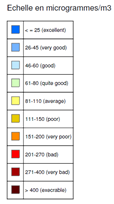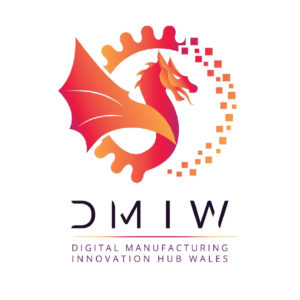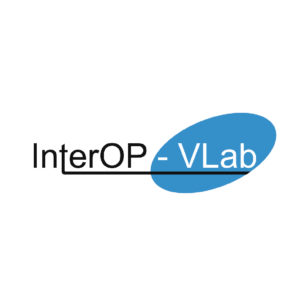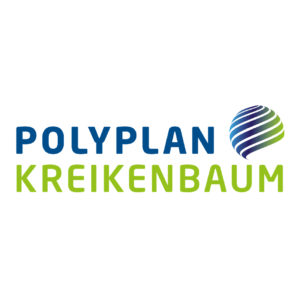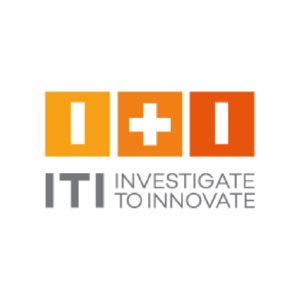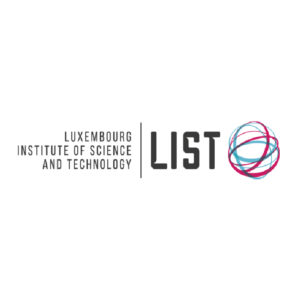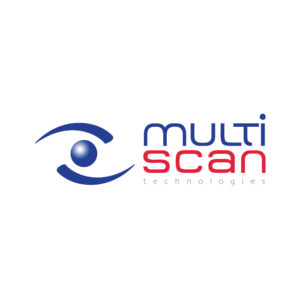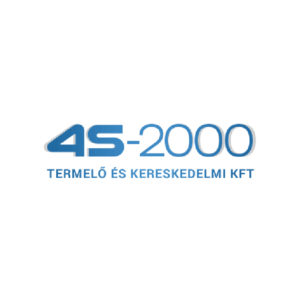CPS for smart and greener Mobility
This Project Initial Application Experiment monitors the greenhouse gases and air pollutant emissions over time in a specific area using a network of crowdsourced sensors. Based on the collected information of the air composition and the modelling of emissions, recommendations related to mobility behaviour will be provided to improve the air quality.
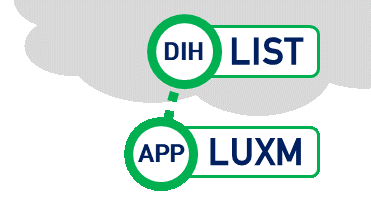
Public and private authorities as well as individual citizens are more and more aware of the possibly degrading environment and are willing to know the air composition in their specific area and neighbourhoods. It is important for them to monitor emissions and to know how they contribute to the different emissions as well as how they can reduce them.
| Partner | Expertise | Role |
|---|---|---|
| LuxMobility | Systems Integration and solution and software provider | SME, use case solution provider and integrator |
| LIST | Modelling / Embedded systems / CPS expertise | Location for development and experimentation |
Problem/Business Case description
Human activities are an important source of air pollutant emissions (NOx, SOx, PM, etc.), affecting the well-being/health of people, and greenhouse gases (CO2, CH4, N2O, etc.), affecting the environment people are living in. These anthropocentric emissions are influenced mainly by the transport, industry and housing sectors. Almost everywhere, air composition is unknown. Consequently, it is impossible to detect if the air composition of an area is potentially harmful to individuals’ health or contributes to climate change. To monitor pollutant and greenhouse gases emissions within a specific area and over time, a digital tool relying, among other things, on crowdsourced data is needed. Additionally, based on ad hoc indicators, mobility recommendations are produced for both private and public users.
Almost everywhere, air composition is unknown. Consequently, it is impossible to detect if the air composition of an area is potentially harmful to individuals’ health or contributes to climate change. Human activities (e.g. housing, transport, industry) are an important source of air pollutant emissions (NOx, SOx, PM, etc.), affecting the well-being/health of people, and greenhouse gases (CO2, CH4, N2O, etc.), affecting the environment people are living in.

AE description
The product and provided service will be more exhaustive in terms of monitoring air pollutant and greenhouse emissions as well as direct linking to possible sources. We generate more accurate air composition information, by using crowdsourced data collection techniques, more focussed on specific neighbourhoods. The service which for us should not be solely the pollutant level information but precise recommendations on how to reduce emissions adapted to the different users’ profile (public and private actors, citizens).
The following items will be included:
- Set up of a cyber-physical embedded system for a city in Luxembourg.
- Update of existing environmental models with population and urban spatial configuration data, quantified and mapped carbon emissions. The multiplicity of different data sources (see Figure 1) will make our modelling approach more robust. We intend to make use of floating car data providers, as well as consulting available public open sources.
- Developed mapping module which will allow to compare areas easily. An intuitive graphic user interface to make it “user friendly” for any user.
- Investigation and pre-test of several sensors that citizens and companies are willing to install on their private properties and allow us to collect air quality data. Therefore, we will consult several designers and product developer to identify the right sensors (e.g. performance, pricing, design, maintenance).
- Involve large retailers and public actors to understand how to organize the sensor distribution.
Communes and cities in Luxembourg and beyond are considered as customers of the information. Our decision support tool will clearly help them to identify where and how greenhouse gases and air pollutant emissions can be reduced. Companies engaged in CSR, sustainable development strategies, or just interested in improving the air quality for their employees, are also considered as a potential client segment. We plan to investigate the potential of the B2C market. Indeed, we expect that depending on the business model, that especially citizens might opt for our services and also are incited to help us by collecting the air quality data. Crowdsourcing for data will be an important part, because it allows people to enrich the data with relevant, missing or new information.
